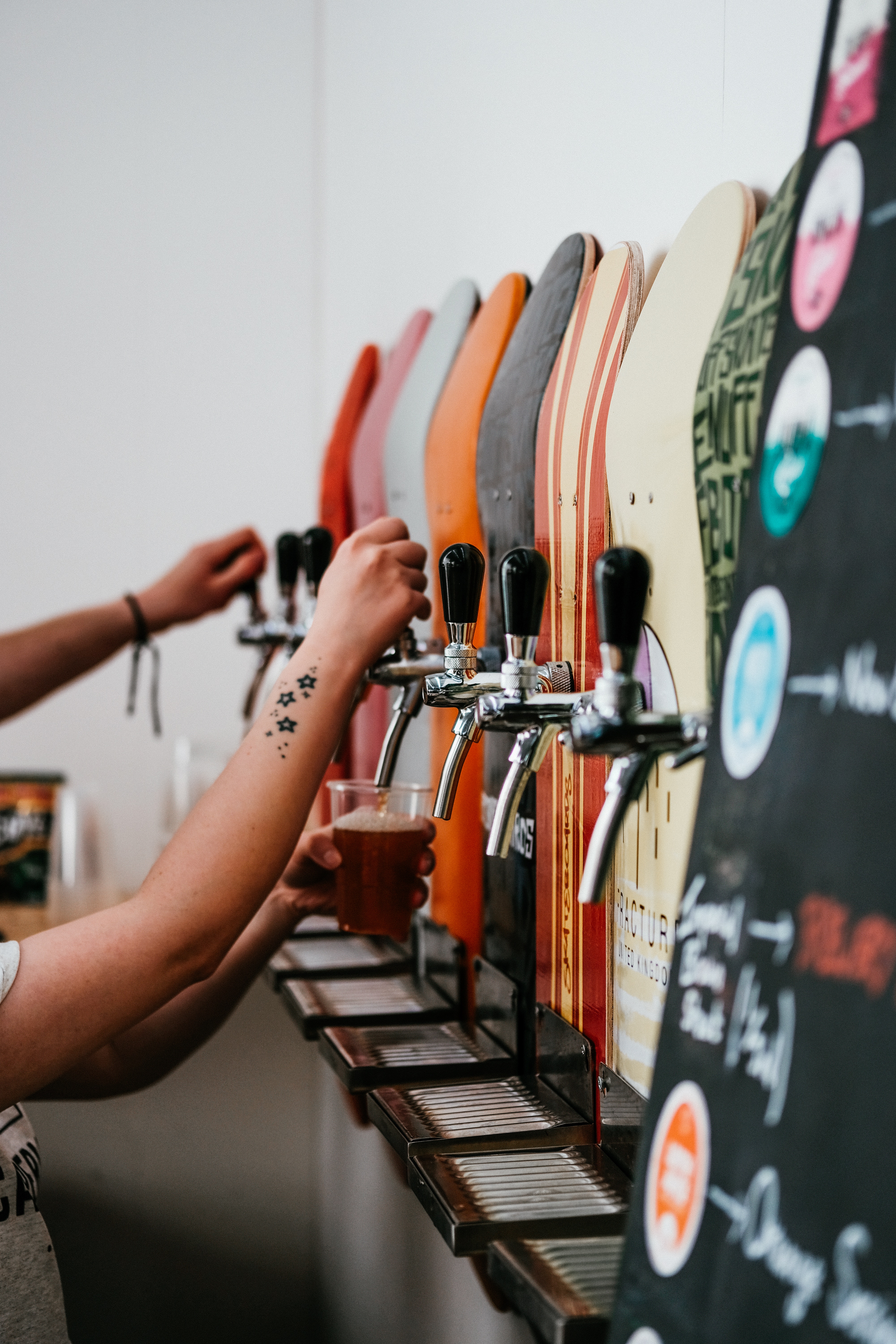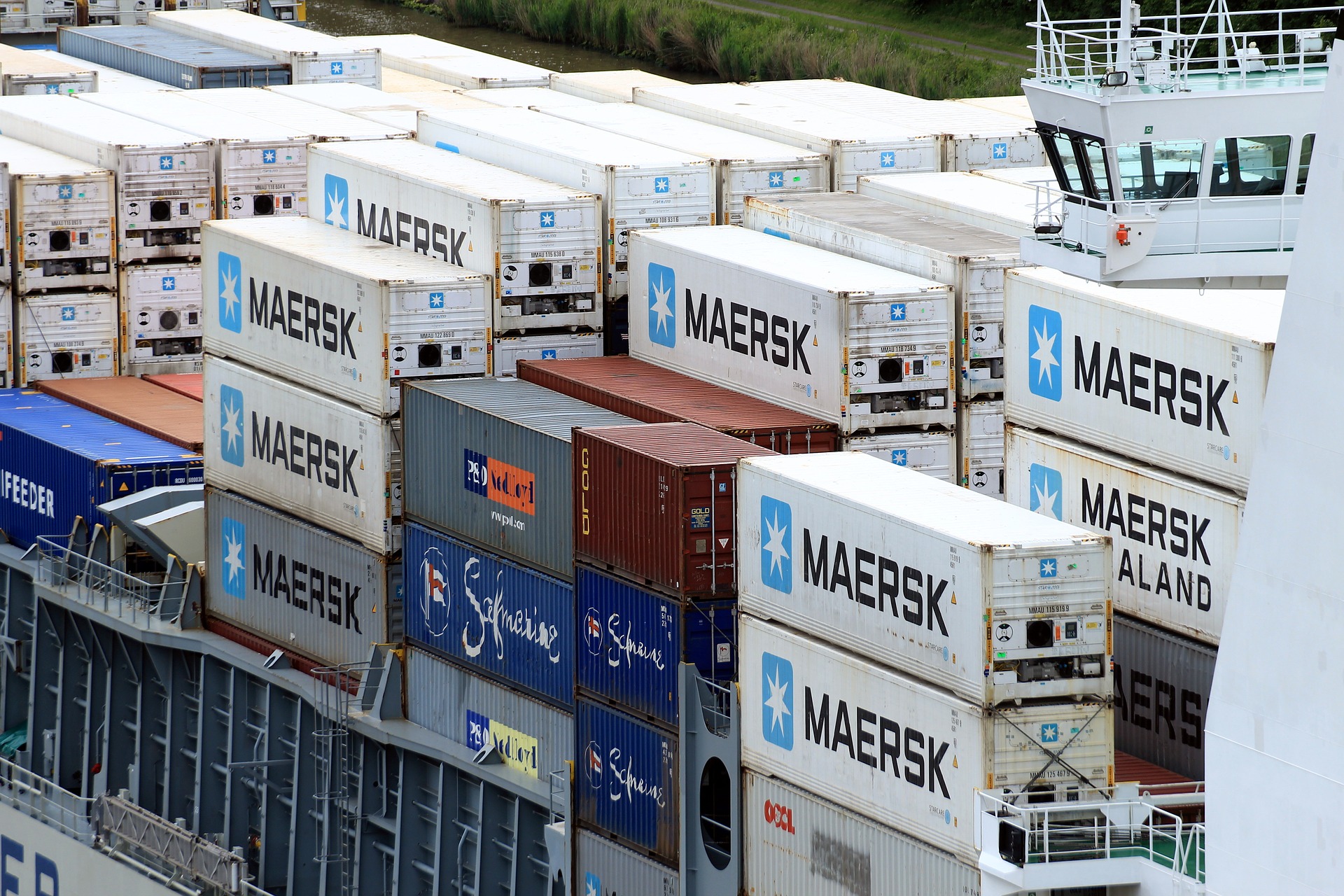I’m sure you’ve spent time sipping on a cold pint with friends discussing launching your own brewery. Although the idea sounds good at the time, what you probably don’t know is that starting a brewery is no easy task. Navigating the laws and regulations alone would send most people running for the hills. However, there are some of you out there with the drive and passion for good beer and a determination to bring these tasty suds to the masses. So for those who’ve made it this far into my article, below I’ll outline the types of licenses need to start a brewery in Louisiana.
While breweries are regulated under both state and federal laws, for the purposes of this article I’ll just touch on the Louisiana specific requirements. Louisiana law allows a brewer to operate under either a brewer’s or microbrewer license.
Brewery License
A brewery license permits manufacturing an unlimited quantity of beer. Brewers may sell the beer they produce to licensed wholesalers, but may not sell directly to retailers. A brewery may also sell the beer it produces to consumers for on-premises consumption, but sales to consumers may not exceed either 10 percent of its monthly production or 250 barrels a month, whichever is greater. Sampling of beer on the brewery premises is permitted.
Microbrewery License
A microbrewer license permits manufacturing of up to 12,500 barrels of beer annually. Microbrewers may sell beer at retail for on or off-premises consumption, but may not sell beer to licensed wholesalers. A microbrewery may serve beer from other breweries, wine and even liquor. Sampling of beer on the brewery premises is permitted.
Key Differences between Licenses
The key differences between a brewer’s and microbrewery license is the amount of beer the establishment can produce, restaurant requirements and restrictions, and limitations on to whom you can sell.
Specifically, whereas a brewer’s license authorizes the production of an infinite amount of beer, a microbrewery license restricts production to 12,500 barrels per year. Both a brewery and microbrewery may be allowed to have a restaurant on its premises, however, food sales at a brewery may not exceed 25% of on-premises beer sales. No license permits the sale of beer directly to retailers and only breweries may sell to wholesalers. Unlike breweries which may only sell their own beer, microbreweries may sell beer from other breweries, wine and liquor.
If you need assistance in establishing or navigating the laws and regulations that effect your brewery, please contact us at Morsel Law.



